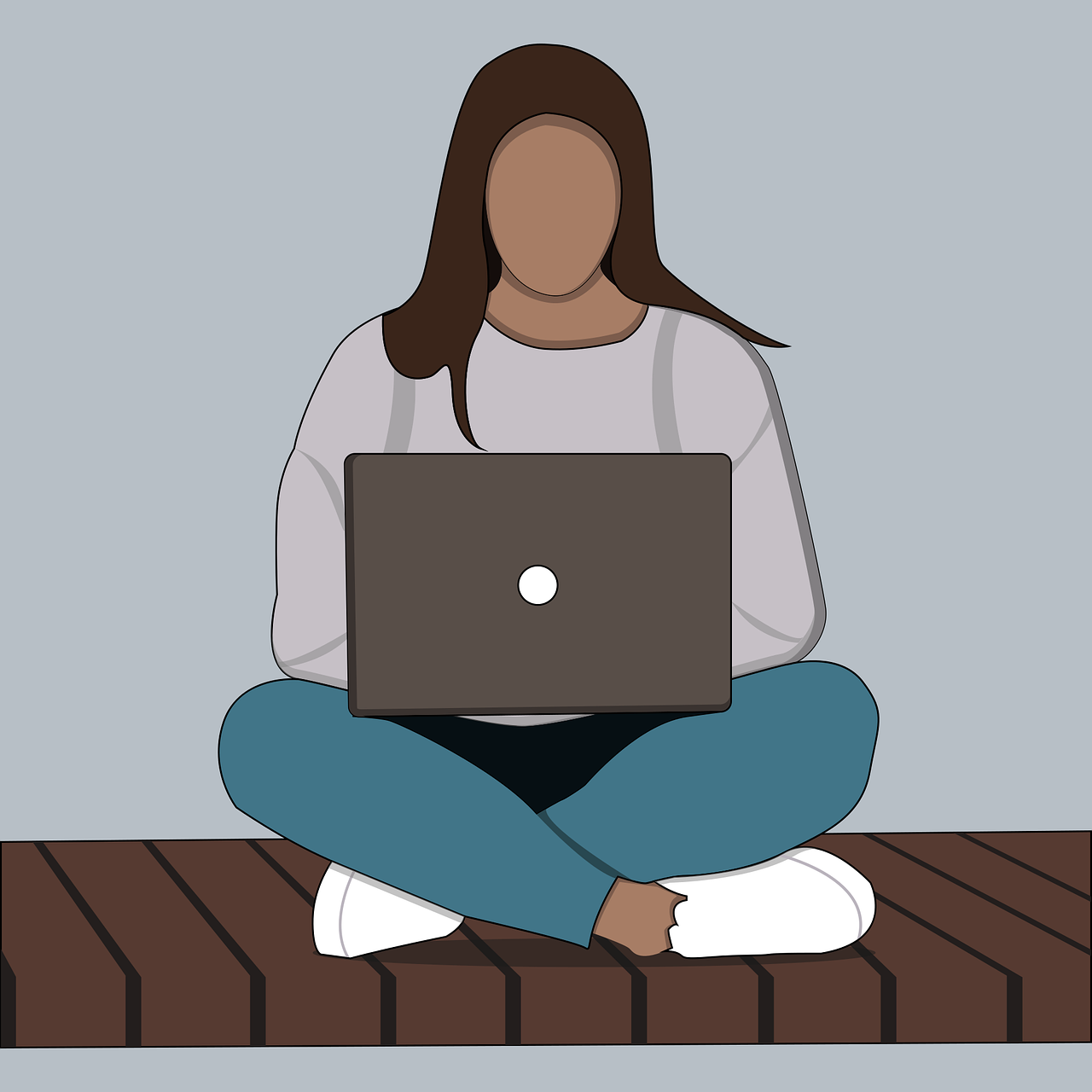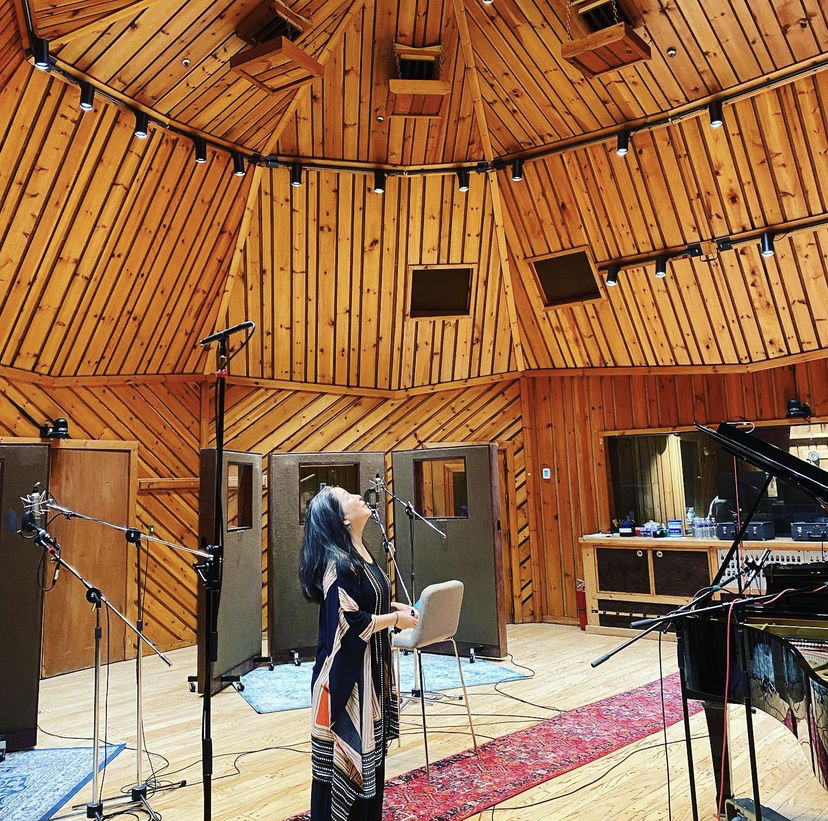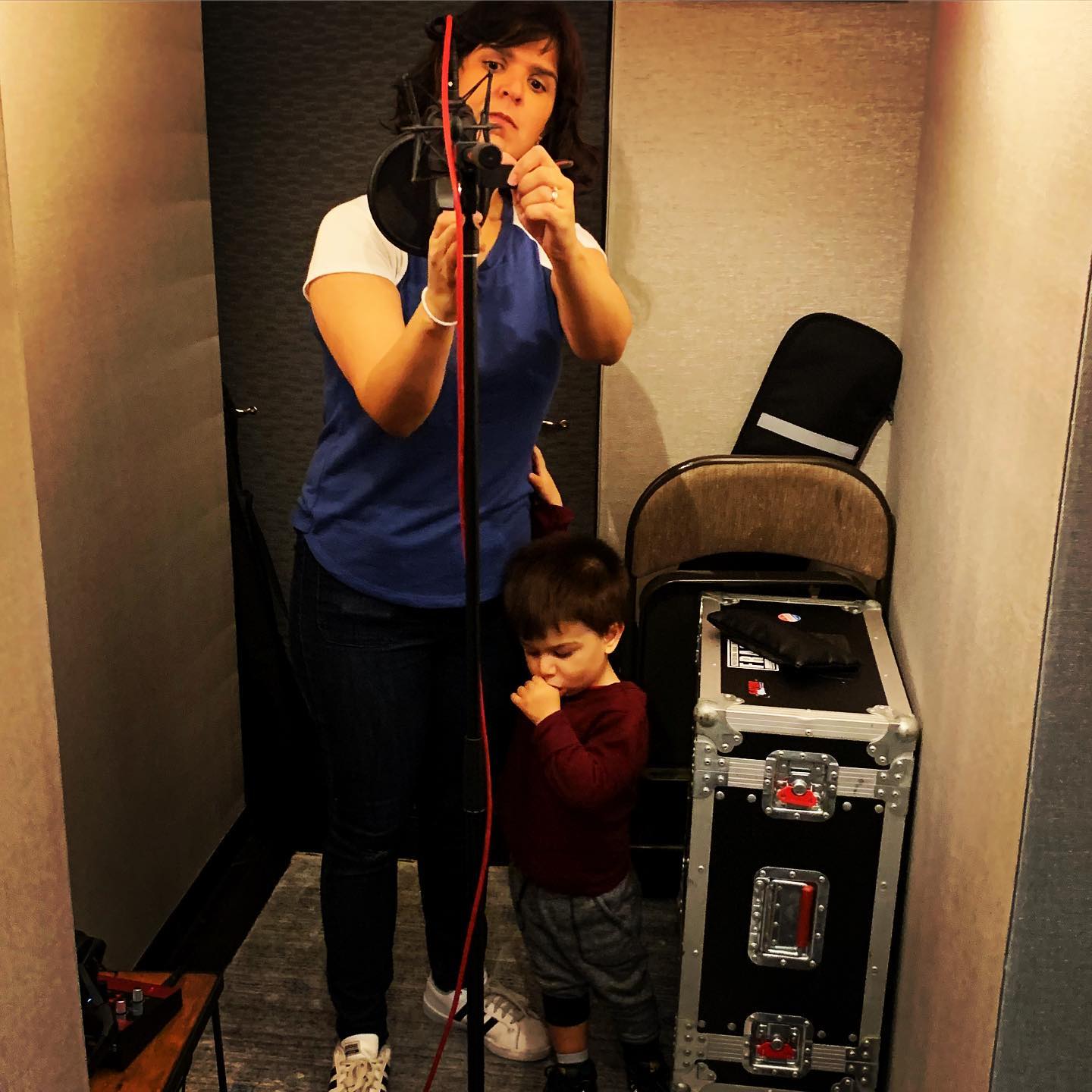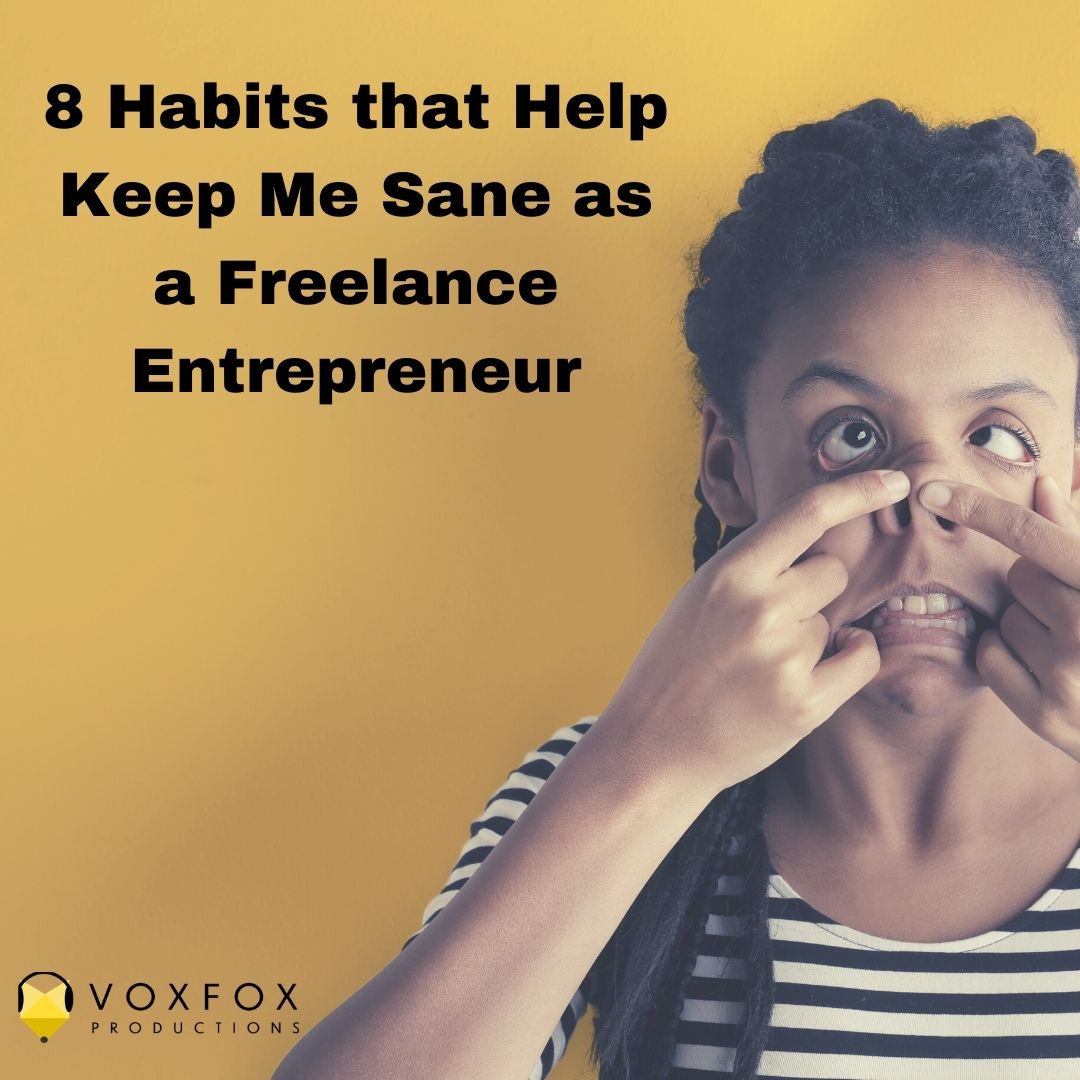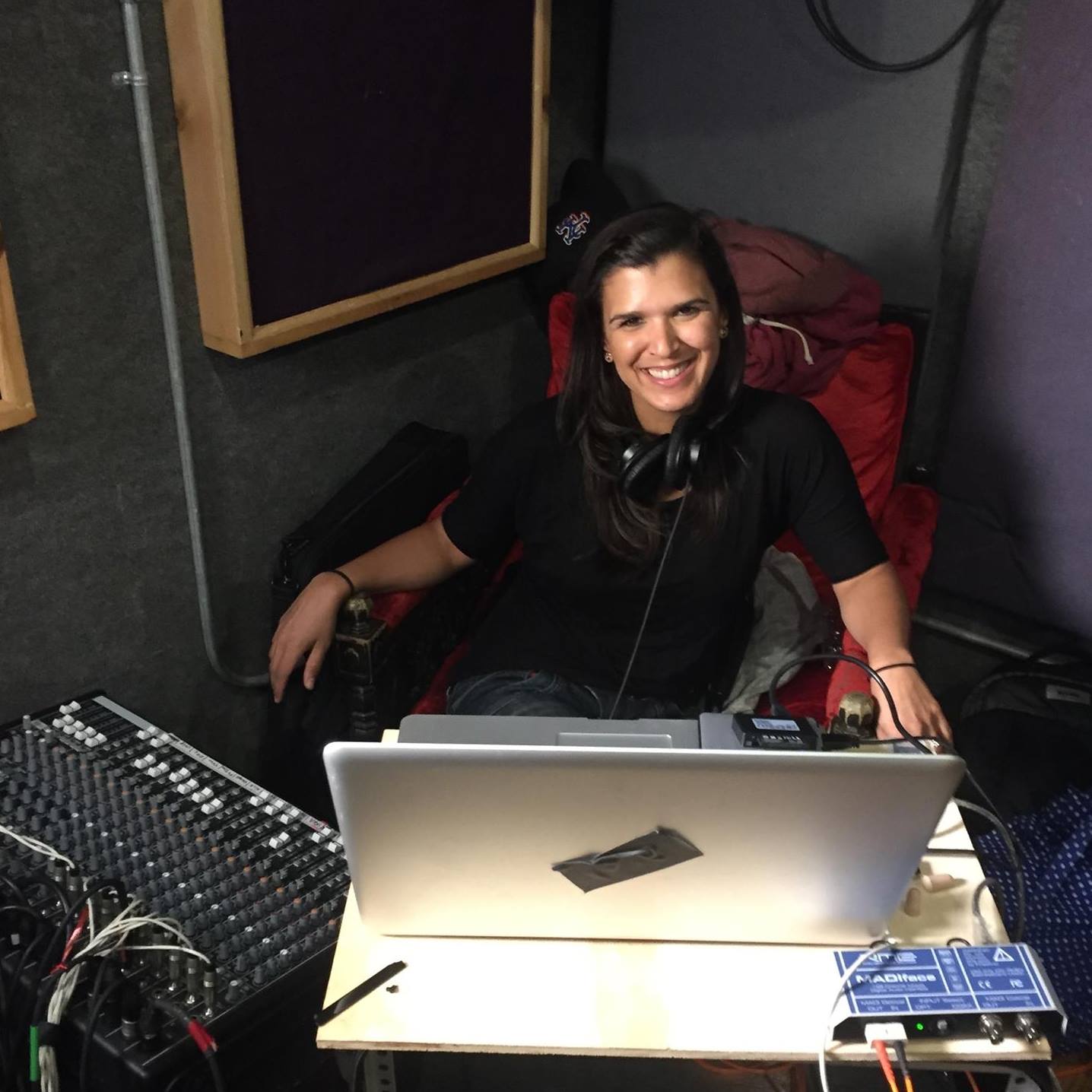
To Freelance or Not to Freelance
I see this question come up so many times that I decided to dedicate my final blog of 2021 to it. I will preface that I still don’t have the answer to this question, but I’ve now done both freelance and full-time jobs. I hope that sharing my experiences with you, will help you make informed decisions and what is best for you and yours.
I’ve been going back and forth about this question for the better part of a decade. Before I had kids. Before I was officially married.
I wrote this email to a music producer who I looked up to in 2012.
I needed to get a woman’s perspective on careers, and kids, etc because I’m panicking a little bit about the future. The past few months have actually been pretty good for me in terms of freelance, at the end of the month, I always make rent, bills, etc. My issue is that every once in a while I will have a panic attack about what comes next and the fact that I can’t save, and that I can’t start paying my loans, and saving for kids, retirement, etc. I know that as a female all that stuff starts to creep up, but at the moment I have some decisions to make and am trying to weigh my options. I’ve been interviewing for a job that isn’t exactly the one I wanted, but it’s a foot in the door, and hoping to move up. It moves away from audio work- and more sales and marketing, but at least it’s within an audio company. It’s full-time and benefits, which with the hours, it would still allow me to work on most of the side-projects I do. I know this would mean moving away from all the things I’ve worked so hard for, and studied, and spent so much time on. But it’s stable, and I feel like right now I need that, but I’m still kind of freaking out because I don’t know if it means I’m giving up on everything else I’ve tried doing.
From your point of view, having worked in the industry and having kids, can you shed some light?
If you’ve ever felt like me in that email, then continue to read on. I’ll backtrack here and tell you how I got to the point of writing that email. I WAS EXHAUSTED. Freelancing is great in that it provides flexibility – being your own boss. Making your own schedule. Deciding what projects you want to work on.
The issues come up in that you find yourself saying YES to everything because you don’t know when the next job is going to come. And if you say NO now or too many times, are these people going to call you for the gig next time? What if you say NO and next month there’s no gigs coming and you could’ve used the overworking last month? Burnout is a real and huge problem when freelancing.
Other problems, keeping track of your finances, your expenses, 1099s, what you can write off at tax time… the list goes on and on. But needless to say, when I wrote that email, I was dead. I was done. I wanted none of that life anymore.
Grace Row is a music producer in NYC. She worked at Sony Classical in its heyday before it shut down, and became the audio producer for the Metropolitan Opera. She also has 2 kids and has made her way through this insane city. She was the recipient of the above email. And every once in a while, I find myself coming back to that email because it was some of the best advice I’ve received in life.
So I’m going to share her advice with you and break it down as I give you a look at how things turned out with the decisions I’ve made thus far.
You can take the job and decide that it isn’t for you in a year. What stability does is make your priorities clear, and once the kids come, they do become your priority.
I did take that job, and honestly, I think I lasted less than 6 months. I was miserable. I did enjoy getting a stable paycheck, but it was the job itself that I couldn’t get behind. (It also didn’t help that the job was poorly compensated). I missed engineering too much, and at the time, we didn’t have kids so no big. I tried. ALSO, big LOL thinking that with a 40-hour workweek, I would have energy or time to do side projects. By taking a stable job, the whole point was to stop the burnout – no more “extra” projects.
I went back to freelancing for another 2 years before I got my foot in the door as a freelancer for NPR which led to a freelance gig at Bloomberg. By 2015, we were now talking about kids. And the question about getting a full-time, stable job came up again. Not to mention my accountant that year asked me something that still sticks with me. “You’re losing money in this field, why are you still doing it?” Welp… Loving your job is important, but that’s a topic for another day. Back to Bloomberg and the full-time job that landed in my lap, another not ideal scenario because it was Hong Kong hours, Sun-Thurs, but a job nonetheless.
And so I found myself coming back to Grace’s email.
If stability is what you crave, then there is nothing wrong with exploring achieving that right now. You might have peace of mind to discover other passions you didn’t know you possessed.
Peace of mind is such, such, I repeat such a huge deal. If you are constantly stressed about money, rent, and life, it is so hard to be creative. Maybe some people thrive off of that, but I personally can’t. I can’t even read a good book when I’m anxious. When I took the Bloomberg gig, it was the first time I was making decent money and had zero stress about paying bills. It was like a huge weight was lifted. I didn’t have to track finances. It was the first year my taxes were SUPER easy. Wow, just one W2! WHAT IS THIS LIFE?!?!
But, that job came with its serious issues and setbacks, and the stress didn’t help us trying to get pregnant. I stuck through it for a year and some change until I finally called it quits and then landed the engineering job at Latino USA which was with NPR at the time. Finally, this job was a breath of fresh air. Comfortable hours, worthwhile and meaningful work, nice people, stable pay – and yup, I got pregnant fairly quickly. Mat leave, benefits, give me all of it. I now realized how important and meaningful stability was for me. STABILITY > FREELANCE.
I wasn’t looking to leave that job, but the Spotify EQL gig was an opportunity I couldn’t say no to. I had now been working full-time for four years and while going back to freelance was scary, I had to take a chance. I would be stable for 6-months during the residency, but afterward, my husband and I decided I would give freelance a shot for another 6-months to see how it went. It’s been 2 years since EQL ended, and I guess it’s been going ok. I’ve learned to be better about my financial records. I have a lot of excels to track my expenses. At the end of the year, I tally it all up to give to my accountant.
But freelancing with kids can be a blessing and a curse. On one hand, you have the flexibility to do things at the drop of a hat, pick-ups, drop-offs, doctor’s appointments, etc. On the other, you’re back to saying yes to a lot and you may miss stuff. I got called for a gig on my son’s 2nd birthday. At the time, I convinced myself that he would go to bed and wouldn’t remember anyway, but I would remember. Plus long hours mean a lot of missed bedtimes. And that often has a way of sneaking back up on me.
What I always say about women balancing their work and family is that it’s very rare to have it all concurrently, but likely you’ll have it all at various points in your life. I had a great run at Sony with producing and the life and money it brought us, but once the kids were in school, the traveling and guilt of not being with my family really took their toll.
Guilt. Mom guilt sucks. It has its way of making you feel horrible, yet it’s the guilt you impose on yourself – no one else gives you that guilt trip. It’s hard, and it definitely changes things. No matter how much you tell yourself you’re being too hard on yourself, that pressure is very difficult to manage. Can you find ways to cope and get past the guilt? Yes, of course. It also may not be a huge deal for some parents. But, will I personally miss another birthday? Unless it’s the biggest and most important gig on the planet, then I probably won’t accept. Because like it says above, “you’ll have it all at various points in your life.” No reason to make things harder when there may be another opportunity later.
Now that I now have two kids to support (with my spouse), the topic is once again on the table. Do you know how expensive daycare is? It’s insane. And while we have one year before our oldest hits public school, we are in the meantime paying for two kids’ childcare.
I was fortunate during the pandemic to become part-time staff back with Futuro Media (home to Latino USA where I was before). Part-time stability has been a great hybrid for me personally. I know I’m getting X amount a month, but I have dedicated hours a week to take on other projects that I wouldn’t be able to do if I was full-time at one place. Some months I bring in a lot of extra, some months it’s not as much. I’m also lucky that my partner has a full-time job.
In the end, part of the reason freelancing is always so appealing is it lets you explore and work in lots of different areas. But as I’ve mentioned several times in this post – stability is important. I always joke that podcasting pays for my music habit. And I love podcasting. I love sound design. I love producing. But the stability that comes from those checks let me have the brain space to take on other projects. So should you take a full-time job or keep freelancing? It kind of depends on what kind of lifestyle you want to lead. Nothing in life is super permanent (except death) so you can always try things out; see how it goes. Like my guru said when I was still figuring things out.
This is the time to explore other opportunities. You’ll meet great people – that’s important too. You can always come back to freelancing – You’ll know if it isn’t right
